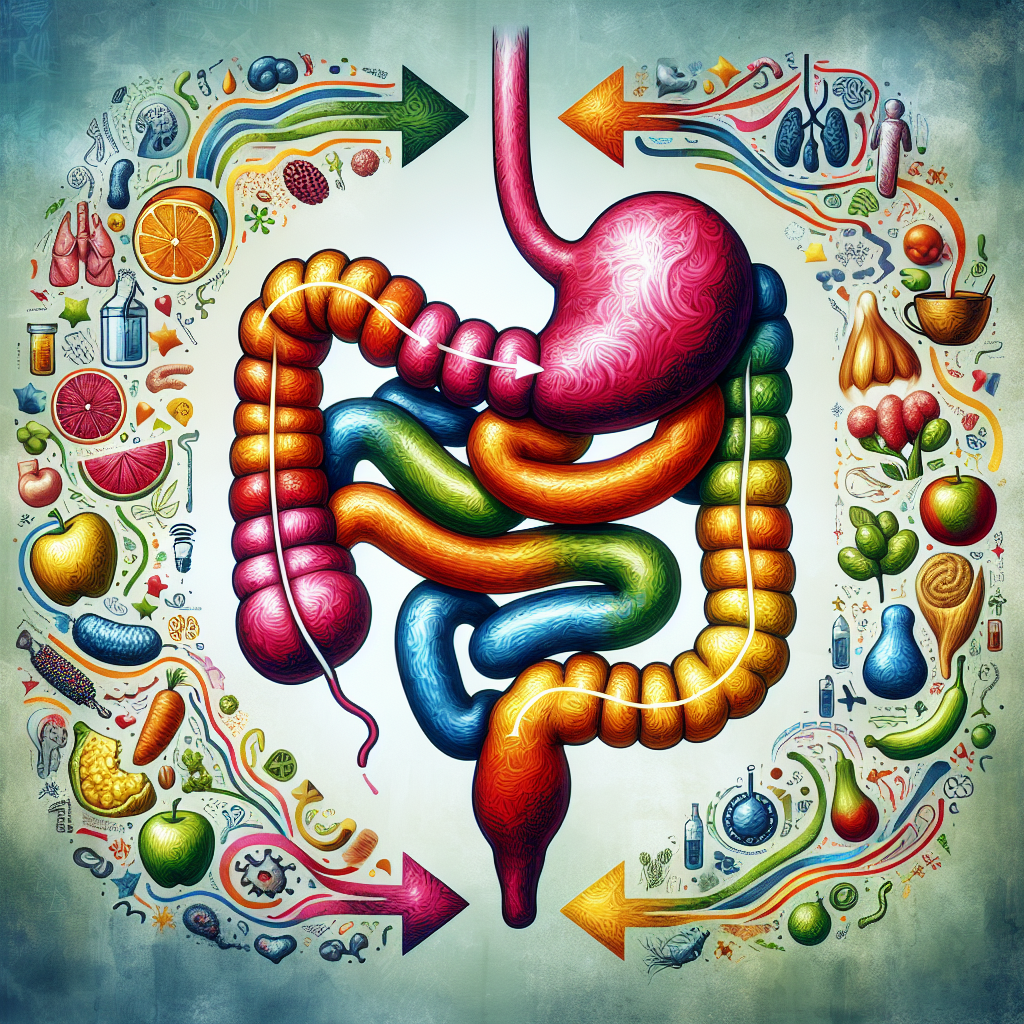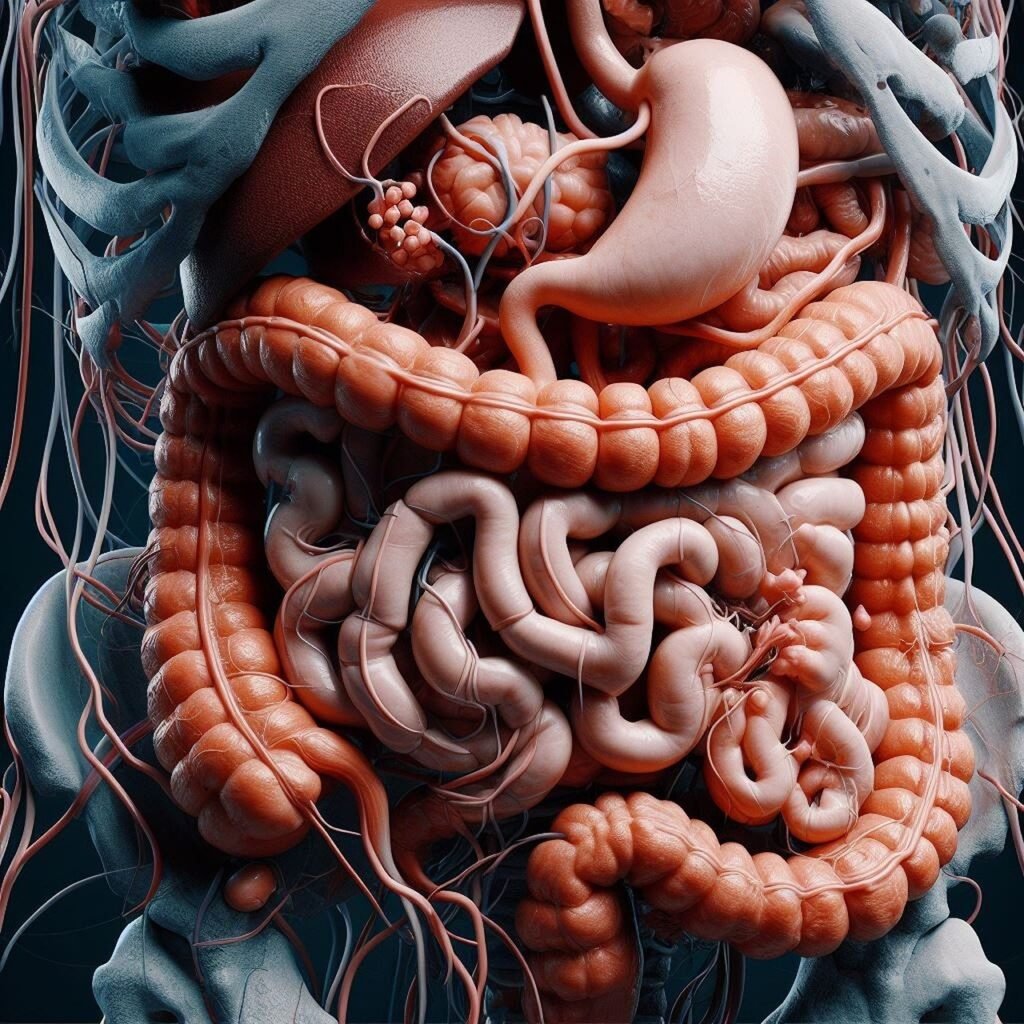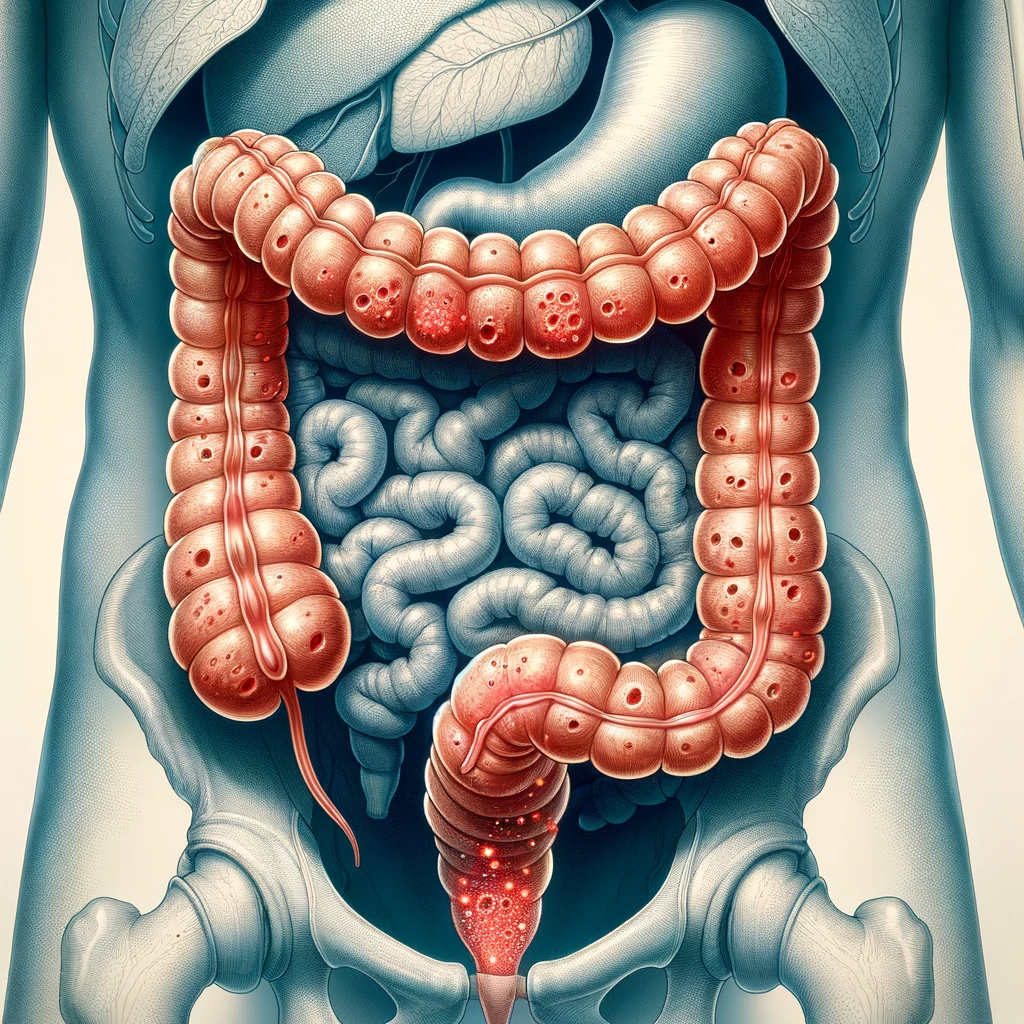Gut health is gaining recognition as a crucial aspect of overall wellness. The phrase “Listen to your gut” is more relevant than ever as scientists and health professionals uncover the significant role the gut plays in our overall health and wellbeing. This article explores the complexity of your gut, its influence on your health, and how you can create a stronger and healthier gut.
The Complex Nature of Our Gut
Most individuals only vaguely understand the functioning of the digestive system. Beyond processing food for energy and nutrients, our gut, especially the large intestine or colon, harbors an unimaginably diverse and vibrant population of microorganisms – bacteria, viruses, fungi, and others – which scientists call the gut microbiota.
The gut microbiota is a bustling microcosm within our body that performs a variety of functions. It facilitates digestion, particularly of fibrous food and other substances that our bodies cannot inherently process. Furthermore, it plays a major role in our immune system, communicates with our brain, and can even influence our moods and behaviors.
The Gut’s Influence on Health
A healthy gut microbiota is balanced and diverse—rich in good bacteria that benefit our health while keeping harmful ones in check. However, a variety of factors such as poor diet, lack of sleep, stress, and certain medications can disturb this balance, leading to what the experts call ‘dysbiosis’. Dysbiosis is associated with numerous health problems, ranging from digestive issues like irritable bowel syndrome and inflammatory bowel disease, to conditions beyond the gut, including obesity, diabetes, heart disease, and mental health disorders.
Building a Healthier Gut
Fortunately, there are numerous ways to improve and maintain gut health.
Diet:
The food we consume directly influences our gut microbiota composition. A diet rich in diverse plant-based foods (fruits, vegetables, legumes, whole grains), fermented foods like yogurt and sauerkraut which supply beneficial probiotics, fiber-rich foods that act as a feed for our good bacteria (prebiotics), and lean proteins can support a healthy gut.
Exercise:
Regular physical activity has shown to increase diversity and alter the composition of gut microbiota, contributing to improved gut health.
Sleep and Stress Management:
Good sleep habits and effective stress management can also impact our gut health positively. Chronic lack of sleep and high levels of stress have been linked with gut dysbiosis.
Medications:
Certain medications, particularly antibiotics, can seriously disrupt gut microbiota. It’s crucial to use such medicines judiciously, under a doctor’s advice, and consider probiotic supplementation as a remedial measure when needed.
Conclusion: Gut Health is Integral to Overall Health
Drawing from the points in the article, it’s apparent that the importance of gut health cannot be understated. It’s clear that a robust and diverse gut microbiota contributes significantly to our overall wellness. An unhealthy gut, on the other hand, can pave the way for a host of health issues beyond the digestive system. Thankfully, with conscious changes in diet, exercise, sleep, stress management, and medicine use, one can foster a healthier gut, leading to better health and wellbeing. Hence, heed that sage advice—listen to your gut!
Original article: https://www.wfla.com/bloom-tampa-bay/how-your-gut-health-influences-your-daily-life/


